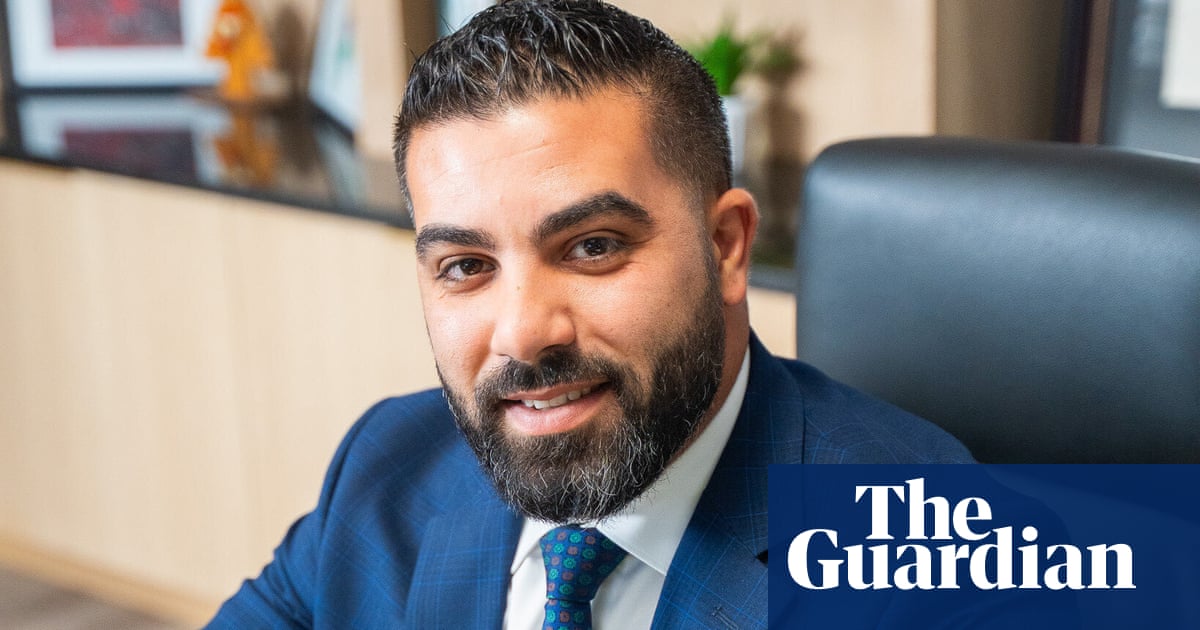Photo courtesy of Possessed Photography on Unsplash
Opinions expressed by contributors are their own.
Artificial Intelligence (AI) is swiftly becoming indispensable in healthcare, especially as hospitals and health systems face escalating operational costs, workforce limitations, and intricate administrative burdens. Rather than replacing professionals, AI functions as an intelligent partner—balancing select automation of manual tasks with augmenting human capabilities to enhance decisionmaking, drive efficiencies, and optimize resources.
Healthcarespecific AI: The power of agentic workflows
Distinct from generalpurpose solutions, healthcarespecific agentic AI workflows embed medical intelligence deeply within clinical and administrative tasks. This tailored approach ensures an accurate understanding of clinical nuances, regulatory compliance, and medical contexts, making these AI tools especially effective assistants for healthcare knowledge workers.
AI Copilots exemplify this approach, blending clinical reasoning (such as evidencebased guidelines), operational rules (e.g., claims adjudication), and healthcare policies to support realtime decisionmaking. Consequently, these intelligent workflows reduce clinician burnout and administrative overload by simplifying tasks like diagnosis support, test interpretation, and treatment recommendations, allowing clinicians to spend more quality time with patients.
“The real power of AI in healthcare lies not in replacing human judgment but in enhancing it,” explains Ganesh Padmanabhan, CEO and Cofounder of Autonomize AI. “AI agents act as force multipliers, dramatically boosting the productivity and effectiveness of nurses, care coordinators, and administrative personnel, allowing them to focus more on highvalue activities and patient interactions.”
Autonomize AI’s Genesis AI Platform exemplifies this powerful transformation. Cofounded by healthcare AI pioneer Ganesh Padmanabhan, Autonomize AI delivers purposebuilt Copilots that turn administrative complexity into clinical clarity. These Copilots automate highvolume workflows —like prior authorization, care gap reviews, and claims management—by blending deep clinical reasoning, regulatory insight, and operational logic.. With pretrained models, healthcarespecific industry knowledge graph, and seamless integration into payer and provider ecosystems, Autonomize drives immediate, scalable impact—without exhaustive customization.
AI as a force multiplier
Agentic AI’s true strength lies in its role as a force multiplier, magnifying capabilities for millions of healthcare professionals and knowledge workers. Multiagent systems handle specialized tasks—prior authorization, billing coordination, case management, and predictive analytics—integrating seamlessly into payer and provider operations and worker environments. By quickly processing and interpreting unstructured data, AI frees clinicians, nurses, and administrators to focus on highvalue tasks and patient interactions.
Reducing administrative complexity
Administrative complexity costs the U.S. healthcare industry over $1 trillion annually. AIpowered automation directly addresses this by significantly cutting down administrative overhead. Platforms like Autonomize AI’s Genesis AI have proven effective, reducing prior authorization processing times by up to 55%, saving thousands of hours monthly while maintaining human oversight.
Facing potential Medicaid and Medicare budget constraints, it is more important than ever to expertly tap the ‘gold’ driving meaningful, AIbased transformation—data. AI solutions can streamline administrative functions like Medicaid enrollment, leveraging the ability of leadingedge Compound AI to extract and analyze large amounts of unstructured data from clinical notes, crossreference policies, and accelerate approval processes. Moreover, the data extracted can be meaningfully scaled to enhance other crucial workflows, including care gap analysis, appeals and grievances management, and broader care coordination.
Transforming clinical documentation
Enhanced clinical documentation is a key area where AI significantly alleviates administrative burdens. AIdriven scribing tools capture realtime patientclinician interactions, accurately transcribe conversations, and structure comprehensive medical records. Providers report as high as 41% savings in documentation time, leading to improved clinician satisfaction, reduced rates of burnout, higher data accuracy, and better patient outcomes.
Advanced AI can manage diverse unstructured clinical data—including handwritten notes, physician narratives, and imaging reports—rapidly converting them into actionable insights. This capability accelerates diagnosis, enhances patient management, and significantly improves care delivery.
Revolutionizing prior authorization and care management
AI is transforming prior authorization processes, automating clinical data extraction and review, and reducing turnaround times from days or weeks to mere minutes or hours. Faster authorizations mean quicker patient access to critical treatments.
In care management, AI predictive analytics proactively identify highrisk patients, enabling targeted interventions that improve adherence and significantly reduce hospital readmissions. These efficiencies not only cut costs but also deliver personalized, timely patient care, enhancing overall healthcare quality and patient satisfaction.
The future of healthcare is now
The future demands transformative AI integration—not incremental changes. AgenticAI workflows specifically tailored to healthcare complexities redefine possibilities by converting administrative burdens into streamlined clinical excellence pathways. Solutions like Autonomize AI’s Genesis AI Platform are leading this evolution, providing immediate, measurable value through enhanced efficiency, accuracy, and patient outcomes.
Organizations embracing this AIdriven shift will experience substantial operational savings, superior clinical performance, and empowered healthcare professionals who can focus more deeply on patient care. The key question for healthcare organizations isn’t whether AI will reshape healthcare, but how swiftly they can adapt and harness its full potential, driving innovation and achieving the healthcare future we all envision.








